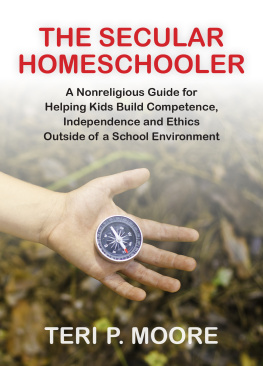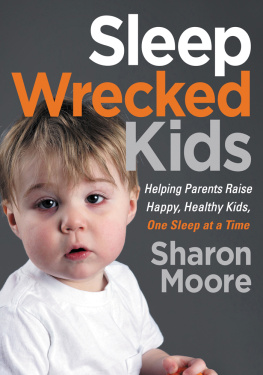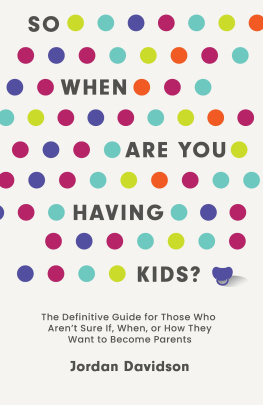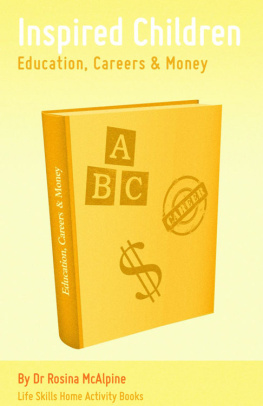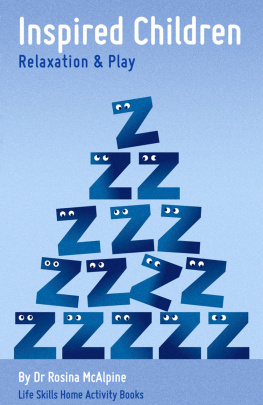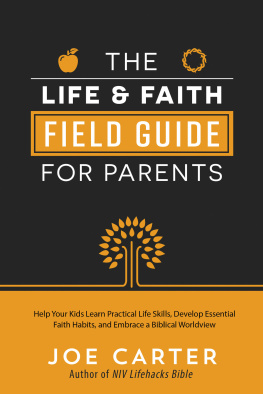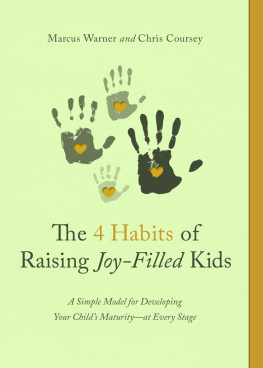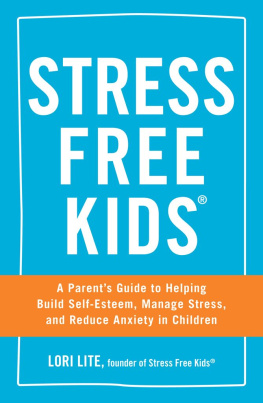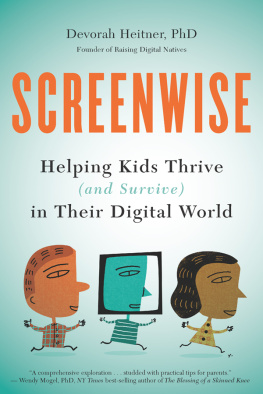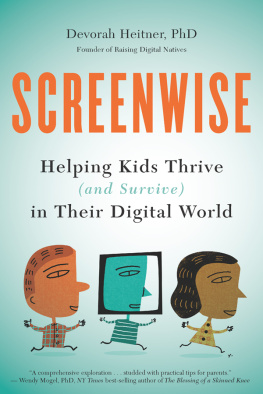Acknowledgments
Any book that takes this long to write owes its presence to many. First and foremost, like every homeschooler, I thank my children and husband, who walked this homeschool journey every single day and taught me everything I know. Special thanks also to my writers group, Victoria Montes, Meg Halter, Tanya Spencer, Tanis Galik, Gary Adams, Kathleen Kline and Julie Hammer for their discerning minds and helpful ideas. Im grateful to Deanna Downs, Tom Karnes and the other teachers and parents at Valley Oaks Charter School for the chance to do homeschool workshops, which always makes me think extra hard. Much gratitude also to Nena Thornburg, Kerry Jones of secularhomeschool.com and Nathalie Marcus of Invisible Order for their astute comments, and my homeschool moms group, for their collective wisdom over the years. For defending what so many of us parents are trying to do, I thank Lenore Skenazy, whose seminal book Free-Range Kids sparked the public debate on experience-based parenting. And finally, thank you so much to my dear friend Marilyn White, who, over many a Vietnamese spring roll, was there every step of the way with her insights on education, parenting and life itself.
To Iliana and Sequoia, who showed me just what they needed every day, and to Adrian, who always cheered me on no matter what.
Praise for The Secular Homeschooler
Who wants to be dead wood? Thats right nobody. We all want to be competent and valuable, but when we do everything FOR our kids, they feel the opposite: Useless. This book makes it easy to raise kids who are givers, not takers. Which makes it easier to raise kids, period!
Lenore Skenazy,
author of the book and blog
Free-Range Kids
Teri has thought long and hard about a different educational model for children. She has inside information on everything from free-range style parenting, to building your own educational paradigm, to customizing curriculum based on each childs personality, character, strengths, and weaknesses. Her advice and strategies for focusing on the Whole Child will resonate with parents who know there is something missing in their homeschooling journey. This is an expansive look at education, where it has gone wrong, and how to foster more effective patterns when bringing children home to learn.
Kerry Jones,
Administrator at
SecularHomeschool.com
Chapter One
The Educated Idiot
A good plan violently executed now is better than a perfect plan next week.
General George S. Patton, Jr.
How I Became an Educated Idiot, and How I Recovered
I remember my kindergarten teachers first words of praise how worthwhile they made me feel. I soon learned how easy it was to make those big red A plusses. There wasnt much to figure out all I had to do was memorize what the teacher told me, and that was easy. Soon I had wedded myself to a 12-year system at which I could easily excel, and which delivered to me all the recognition of success my ego could want. I loved those big red A plusses! Adored by all my teachers, I was the straight-A, top-of-the-class, overachieving honor student. Everyone was so proud of me. My grades were stellar, which meant I was intelligent, right? My numbers were good, so that meant I was worthwhile, right? I was so proud of myself.
It took years to discover I was incompetent.
School had become my refuge and my best friend. When I graduated from high school, college was a foregone conclusion and a way out of a dysfunctional house. Armed with scholarships, I aced my way through, determined to be a teacher like those I adored throughout school. But as college graduation approached, I was afraid to leave the campus and the academic life I knew and loved so well. I knew that without the structure of school, I couldnt cope, or maybe I just wouldnt want to cope. Deep inside I knew something was missing in me, knowledge that a school couldnt teach me, knowledge that didnt derive from A plusses.
In the mirror I saw an educated idiot. I knew facts but they didnt come together to produce knowledge or wisdom. While I understood that this was partly due to youth, a great chasm between school and life yawned before me. I felt unprepared, deficient, incapable. I couldnt figure things out for myself, and I knew it.
School was easy; they gave me the formula and I applied it. I looked up the facts and wrote reports on them. Unlike school, real life had questions without answers, predicaments with consequences, and uncharted situations that required self-knowledge and creativity to solve. I had to learn how to think without guidance and discover my personal ethics to ground my life decisions. I had to learn how to cook life without being handed a recipe. I had to learn how to lead myself deliberately through life, not just wait for its assignments. So I set off to force upon myself experiences that would hone resourcefulness and capability, to become my own master, no matter what.
First, I needed to answer a personal question: just what was I made of physically, mentally, ethically? Could my suicidal and agoraphobic mother who had died terrified to leave the house have been right? Was danger right around the corner waiting to slay me? I had to find out.
That summer I bought a bicycle and rode it down the coast of Washington and Oregon alone, camping along the way. The next summer a friend wanted to bicycle around the whole Western U.S., so I did that too. Stupid? Maybe. And yes, there were some scary moments, but I learned that I was competent and physically strong, and that was priceless.
I loved the exhilaration of sweating through every mile, the challenges inherent in literally navigating my way, and the freedom to learn by my mistakes. I could feel my capability expanding with every decision: what map to use, which road to take, where to camp. If I made bad decisions, I faced consequences. Thats the sheer joy of independence: not just the freedom to do what you want, but the freedom to fail. And I knew I needed more of these challenging and real experiences.
After graduation I joined the Peace Corps and taught school in a remote Kenyan village. This was most fortunate for me because the Third World has many challenges, forcing volunteers to find creative ways to solve problems just what I needed.
A glorious thing happens when Americans leave the comforts of home: when the bubble wrapping is off they have to be accountable for themselves. Theres no one to ask, nobody to sue if things go wrong, and often no system in place. Living in remote villages, volunteers are forced to live with the consequences of every decision they make.
Moreover, actions that we take for granted here are put to the common sense test there, because when youre outside your culture, you look at things with new eyes.
For example, we think nothing of defecating in drinkable water because we have done it all our lives. But when you have to haul all your own water from the river and strain and boil it, you realize how precious potable running water is, and are conscious of that human achievement forever after.
Upon returning home, I had to readjust to American ways. Fouling a basin of perfectly good, drinkable water seemed unacceptably wasteful, and still does. Twenty-five years later I still think about how many people in the world dont have potable water on demand. But the point here is that sometimes you have to go outside your comfort zone, and your own culture, to see things clearly.
Like most volunteers, I spent my first few months seeing what rural Africans lacked that we westerners have, like running water. It took several months of living in a foreign culture for my mind to see past its first-world borders and appreciate what Africa and other older cultures have that we dont. As happens with most Peace Corps volunteers, immersion in a foreign culture made me question my own culture. This was the best thing about the Peace Corps experience for me. Ive never forgotten how to pop myself out of American culture to look at it from the outside. While I appreciate my comfortable post-industrial life, I recognize that Africa, and cultures like it, have much to teach us.

